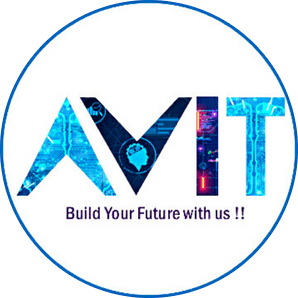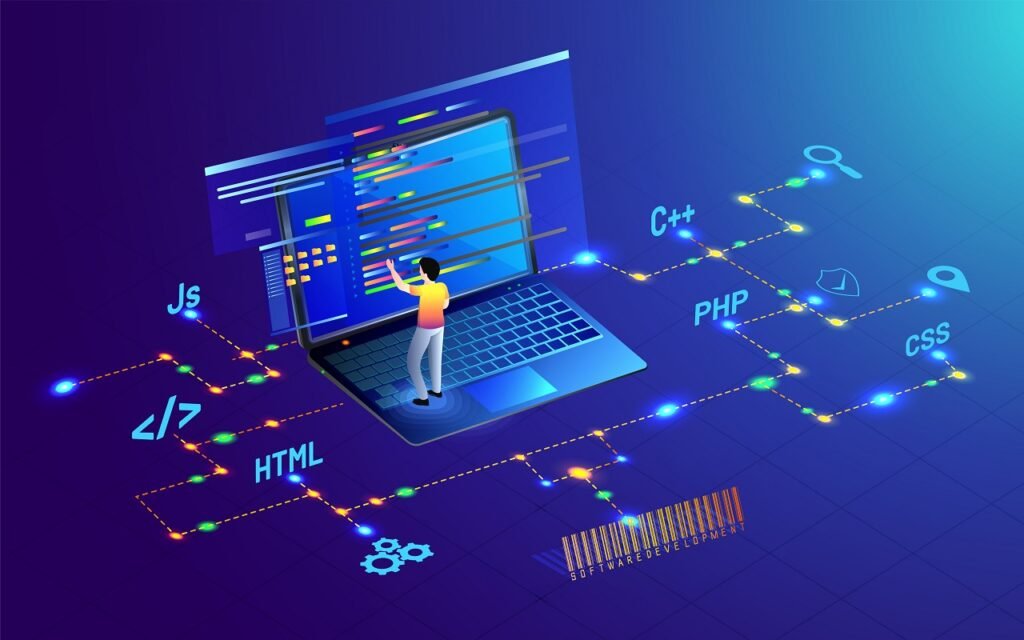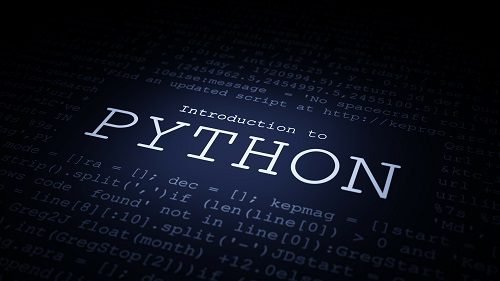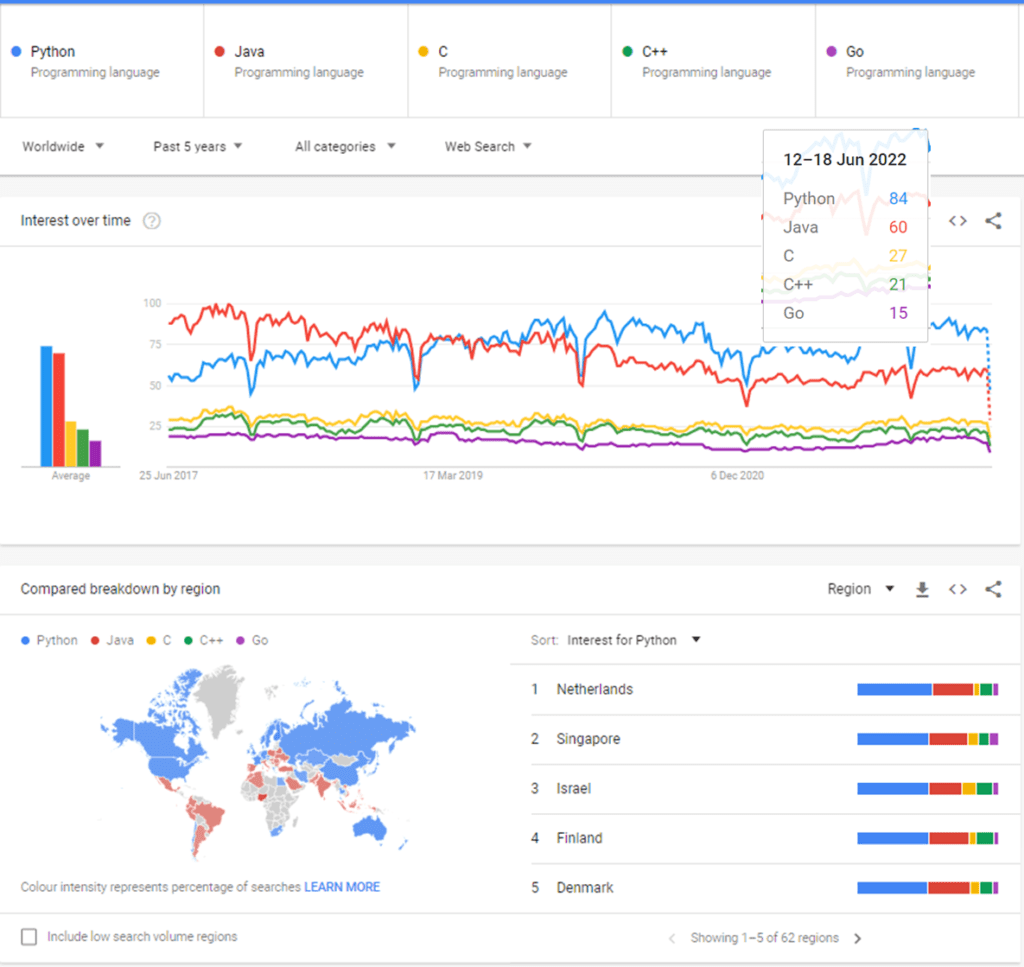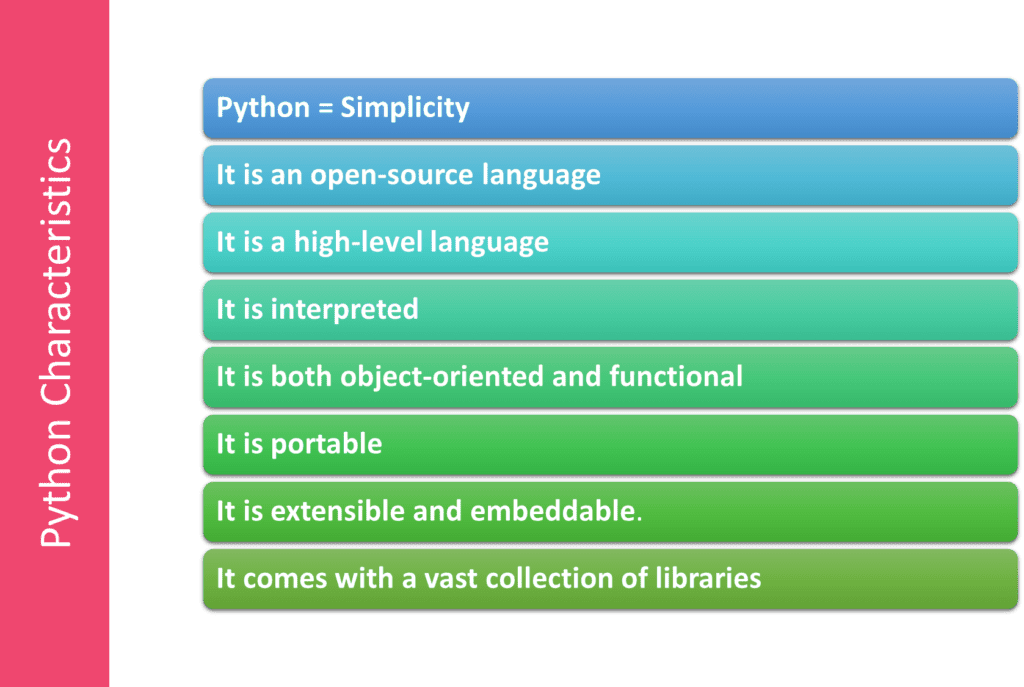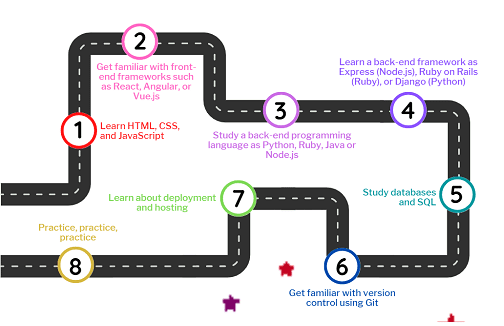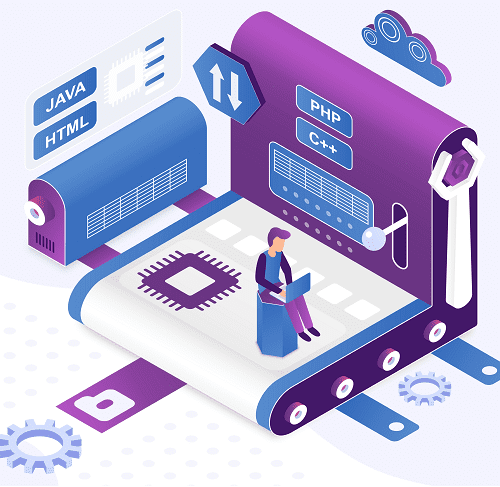Data Science: An Overview
Data Science is a field that combines computer science, statistics, and domain knowledge to extract insights and knowledge from data. It involves collecting, cleaning, analyzing, and visualizing data to draw meaningful conclusions that can be used to make data-driven decisions. In today’s world, data is being generated at an unprecedented rate, and the demand for professionals who can turn data into actionable insights is growing. This has made Data Science one of the most in-demand and exciting career paths of the 21st century.
What is a Data Science Course?
A Data Science course is a structured learning program designed to teach individuals the skills and knowledge needed to become a Data Scientist. The course typically covers topics such as statistics, machine learning, data visualization, data wrangling, and more. The course is designed for individuals who have a background in mathematics, statistics, or computer science, and are interested in pursuing a career in Data Science.
Why is Data Science Important?
Data Science is important because it helps organizations to make better decisions. By analyzing data, Data Scientists can identify patterns, trends, and relationships that would be difficult to detect otherwise. They can also build predictive models that can help organizations to make predictions about the future based on historical data. This is particularly important in industries such as finance, healthcare, and retail, where data-driven decisions can have a significant impact.
What are the Key Skills and Tools Used in Data Science?
There are several key skills and tools that Data Scientists use to analyze data and draw meaningful conclusions. Some of these skills and tools include:
- Programming languages such as Python, R, and SQL
- Data wrangling and cleaning techniques
- Data visualization tools such as Tableau and Matplotlib
- Machine learning algorithms such as decision trees, random forests, and neural networks
- Statistical analysis techniques such as hypothesis testing and regression analysis
What are the Career Opportunities in Data Science?
There are many career opportunities in Data Science for individuals who have the skills and knowledge required to analyze data and turn it into actionable insights. Some of the most common career paths in Data Science include:
- Data Analyst
- Data Engineer
- Machine Learning Engineer
- Business Intelligence Analyst
- Data Scientist
How to Get Started in Data Science?
Getting started in Data Science can seem daunting, but there are many resources available to help individuals who are interested in pursuing a career in this field. Here are some steps that you can take to get started:
- Gain a solid foundation in mathematics, statistics, and computer science
- Learn programming languages such as Python and R
- Complete a Data Science course or online program
- Practice by working on projects and building your portfolio
- Network with other Data Scientists and industry professionals
Conclusion
Data Science is a rapidly growing field that is critical to many industries. By combining computer science, statistics, and domain knowledge, Data Scientists can extract insights from data and help organizations to make data-driven decisions. If you are interested in pursuing a career in Data Science, there are many resources available to help you get started. Whether you are a student, a professional, or simply someone who is interested in learning more about this field, a Data Science course can help you gain the skills and knowledge you need to succeed.
How to Enroll In this Course
Data Science Careers Read More »

